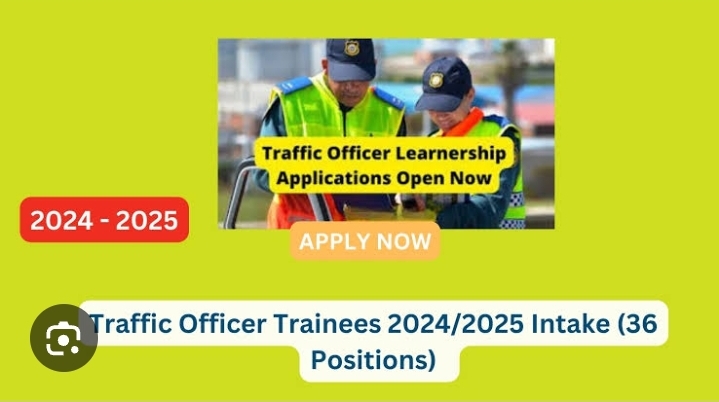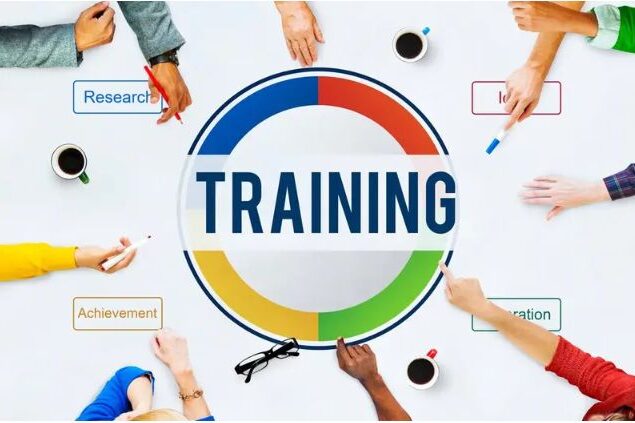
What is a Traffic Officer Learnership?
A Traffic Officer Learnership is a structured training program aimed at developing the necessary skills and knowledge for individuals who want to pursue a career as traffic officers. Traffic officers play a vital role in ensuring road safety by enforcing traffic laws, managing traffic flow, responding to accidents, conducting inspections, and ensuring compliance with various regulations set by the government.
The learnership is typically sponsored or run by provincial traffic departments or the National Department of Transport in South Africa, and it blends theoretical classroom learning with practical on-the-job training.
Key Aspects of the Learnership Program
- Training Structure: The program generally consists of:
- Classroom-based training: This covers topics such as road safety, traffic regulations, law enforcement procedures, accident investigation, and communication skills.
- Practical training: This is the hands-on aspect of the program, where learners engage in fieldwork, including working with experienced traffic officers to apply the learned skills in real-life traffic scenarios.
- Duration: The learnership typically lasts between 12 to 24 months, depending on the specific structure and province. During this period, learners may be placed in various traffic departments to gain practical exposure to the demands of the role.
- Certification: Upon completion of the learnership, learners may receive a National Certificate in Road Traffic Law Enforcement or similar qualifications, which are recognized in the industry. This certification makes them eligible to apply for permanent positions as traffic officers or law enforcement personnel.
Core Responsibilities of a Traffic Officer:
- Traffic Enforcement: Ensuring compliance with road laws by issuing fines or penalties for violations such as speeding, illegal parking, driving under the influence, or reckless driving.
- Accident Investigation: Traffic officers investigate accidents, assess the scene, collect evidence, and assist in clearing the area for traffic flow. They also write reports for legal or insurance purposes.
- Road Safety Education: Part of a traffic officer’s role is also public education on road safety. They often conduct community outreach, providing information on safe driving practices, pedestrian safety, and other relevant topics.
- Public Assistance: Traffic officers assist motorists and pedestrians during emergencies or accidents. They provide information and may help direct traffic in busy or hazardous conditions.
- Enforcement of Roadworthiness: Traffic officers ensure that vehicles meet safety standards and are roadworthy. This includes checking for valid vehicle licenses and conducting roadside inspections.
Eligibility Criteria for Traffic Officer Learnerships
To qualify for a Traffic Officer Learnership in 2024/25, candidates must meet certain criteria, which can vary slightly depending on the specific province or department, but generally include:
- Age Requirement: Applicants must typically be between 18 and 35 years old. Some departments may have a more flexible age limit based on experience or specific needs.
- Educational Qualifications: A minimum of Matric (Grade 12) is required. Some learnerships may require a pass in specific subjects like Mathematics or Physical Science, but others might not. It is essential to check the exact subject requirements.
- Driver’s License: A Code 8 driver’s license is often required to apply. Some provinces may require Code 10 (light vehicle or truck) for certain positions, but this can depend on the role.
- No Criminal Record: Since traffic officers need to uphold the law, candidates must have a clean criminal record.
- Health and Fitness: Traffic officers are often required to pass a medical examination and physical fitness test. This is because the job can be physically demanding, involving activities such as long hours of patrolling, managing traffic during accidents, or conducting roadside inspections.
How to Apply for a Traffic Officer Learnership
- Find Opportunities: The learnerships are typically advertised on government websites, local municipalities, and specific provincial transport department portals. Key platforms to watch include:
- Department of Transport Website (www.transport.gov.za)
- Provincial websites like Gauteng, Western Cape, or KwaZulu-Natal traffic department portals.
- Job boards like PNet, Indeed, or Gov.za.
- Application Process: Applications usually involve:
- A completed application form (found on the website or in the learnership advertisement).
- A Curriculum Vitae (CV), detailing your education, skills, and work experience.
- Certified copies of your identity document (ID), Matric certificate, and driver’s license (if applicable).
- Proof of residence or other documents as requested in the job listing.
- Selection Process:
- Initial Screening: This may involve reviewing your academic qualifications, fitness levels, and background check.
- Physical Fitness Test: As a traffic officer must be physically able to carry out duties in the field, this is an essential part of the process.
- Interview and Evaluation: Candidates may be invited for an interview and psychometric test to assess suitability for the role.
- Timeline: Be aware of the application closing dates for each program, as these can vary. Some traffic departments open applications in the first quarter of the year, so ensure to apply early.
Email an Updated CV Here For an Application to this Email Address: CSTMTraining@nwpg.gov.za
Career Prospects After Completion
After completing a Traffic Officer Learnership, successful candidates are often considered for permanent employment as traffic officers, although this is not guaranteed. Some may continue working for the same department where they completed their learnership, while others might look for opportunities with other municipalities, provincial departments, or private sector companies that offer road safety-related services.
Career advancement opportunities include moving into senior law enforcement roles, specializing in areas like accident investigation, road safety education, or traffic law enforcement management. Additional qualifications and training can also enable officers to move into roles like traffic control officers or even traffic department management.
Conclusion
A Traffic Officer Learnership is a fantastic career entry point for individuals passionate about law enforcement, road safety, and serving their community. With the right qualifications, physical fitness, and determination, the program can lead to a fulfilling and impactful career. If you’re interested, I recommend checking local traffic department portals and government job boards regularly for new opportunities and specific application instructions.

Leave a Reply